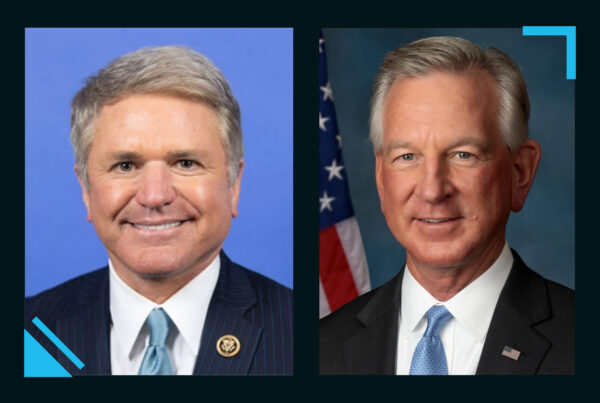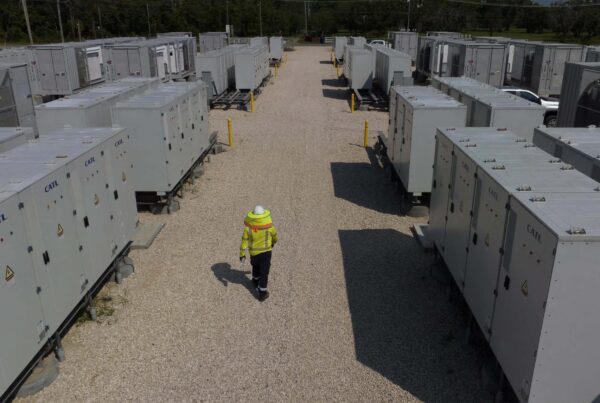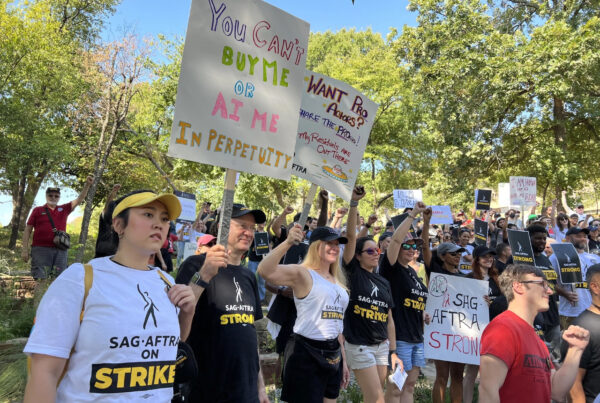The Centers for Disease Control and Prevention recommended that all Americans over the age of six months get a vaccine booster for COVID-19. Many pharmacies will have these new shots from Pfizer-BioNTech and Moderna in stock later this week.
Catherine Troisi is an infectious disease epidemiologist with UTHealth Houston School of Public Health and joined the Texas Standard to talk about what the new boosters mean for public health. Listen to the interview above or read the transcript below.
This transcript has been edited lightly for clarity:
Texas Standard: So who is eligible for a booster now? Are there any restrictions?
Catherine Troisi: As long as you’re over six months of age, then you are eligible.
Now, if you’ve been recently vaccinated, you may want to wait two months just, you know, to let that first vaccine work. If you’ve had COVID recently, there are no specific guidelines. The general suggestion is to wait three, maybe even 4 to 6 months till you get the booster, depending on your risk level. But basically, the vaccine is available to everybody.
» GET MORE NEWS FROM AROUND THE STATE: Sign up for our weekly newsletters
Is it the same vaccine or the same formulation for everybody, whether you’re six or six months old?
It is. It’s the MRNA vaccine that all the Moderna and Pfizer vaccines have been for COVID-19.
What has changed is that it contains a different variant that was circulating in the spring. It’s Omicron, if you remember Omicron. Lots and lots of cases from that.
This is a derivative of Omicron. We’ve actually seen different variants since the spring, but this vaccine should work against whatever is circulating right now. So that’s the good news.
Why is that? Will this vaccine that was formulated many mutations ago still work just fine for the variants of COVID that are currently circulating?
Well, the variants that we’re seeing right now, and mostly it is EG.5, there’s a new variant BA2.86 that we’ve seen. It’s not the predominant one right now, but all of these variants derive from the Omicron variant way back two years ago. And the antibodies that are produced against the XBB.1.5 which is in the vaccine.
I am sorry for all of these strange names. They all have similarities that the vaccine will help your body produce antibodies against. So even if it’s, you know, the XBB 1.5 that you’re exposed to or EG.5, the antibodies that the vaccine induces your body to produce will protect you.
» RELATED: What you should know about the new COVID variant Eris as cases rise
What sort of trends generally are we seeing in Texas when it comes to hospitalizations from COVID, as well as who is being affected?
Yeah, we’re seeing across the country increases in hospital admissions, in occupied ICU beds with COVID patients. And we’re seeing that in Texas as well. And it is primarily, again, people at higher risk, which include those over 65 or with an underlying medical condition. And particularly at risk are those who have never been vaccinated.
If you got that original vaccine that came out two and a half years ago and had one booster, you are considered fully vaccinated. The number of people who are fully vaccinated is pretty high in the United States. And if you look at people who have had infections as well, most of us have some sort of antibodies to COVID.
However, these antibodies wane with time and the virus can change a little bit. And that’s why this new booster, and we’re probably not even going to call it a booster in the future. It’s just like your flu vaccine you get every fall to protect you.
And people should expect that every fall, along with the flu vaccine, a COVID booster or whatever term we ought to use will also be available.
That is the expectation right now, yes.
















